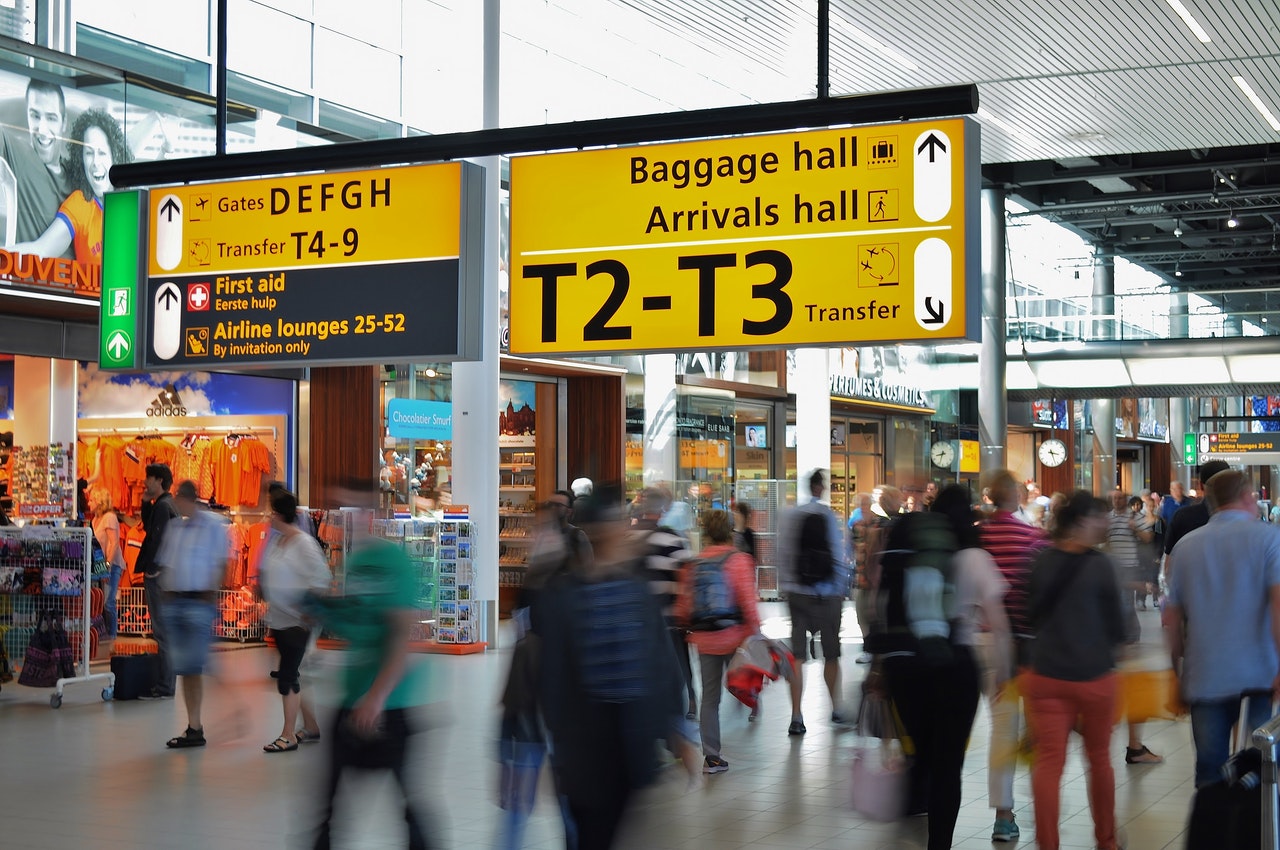Travel and COVID-19: Charting a New Post-pandemic Course
The onset of the coronavirus pandemic and the implementation of global lockdowns has brought an entirely new meaning to the word hardship for the travel industry over the past six months. With many travel companies holding on by a thread due to lost custom and the government’s ‘no-go’ list, questions are now being asked about what the future of the UK’s travel industry holds.
The UK might not come across as being noticeably reliant on the travel and tourism industry, particularly in comparison to some of its European counterparts. But in fact, it has brought a considerable amount of value to the economy that shouldn’t be overlooked.
Last year, 40.9m overseas visitors came to the UK and spent over £28bn. With London now being recognised as the second most visited city in the world, beaten only by Hong Kong, experts were predicting that the UK travel industry could be worth around £257 billion by 2025. Not only that, the industry also accounted for 9.6% of total UK jobs and 9% of the UK’s GDP.
With statistics and figures like these, it’s fair to say that the travel industry had a stronger influence on the UK economy than many would give it credit for. But then the pandemic hit and well and truly turned this once flourishing industry on its head. 
The current challenge
Recent studies have found that the onset of the pandemic and its subsequent global lockdowns have caused 39,000 people working within the travel industry to lose their job or be told that their job is at risk.
The Association of British Travel Agents (Abta) has said that these job losses represent around 18% of the UK’s travel industry jobs and have warned that thousands more jobs are expected to be lost, particularly once the government’s furlough scheme ends later this month. Around 90% of travel businesses have taken advantage of the scheme during its six-month implementation, according to Abta’s latest members survey.
Unfortunately, it doesn’t seem like there is a quick fix to prevent these job losses from happening. With the frequent changes to the government’s travel advice and quarantine requirements and continued fear over the pandemic itself, consumers are either hesitant or unable to travel abroad at the moment. A recent survey has found that four in 10 travel businesses can’t see a demand for their services returning to the same level as 2019 until at least 2022.
The association is so concerned by these findings that they have already reached out to the government to ask for support measures to help keep the industry afloat during these uncertain times, including the extension of the furlough scheme.
But that’s not all. Abta is also asking for a wider testing regime to help mitigate the risk of infection from high-risk countries and for the introduction of both regionalised quarantine and travel advice and an air passenger duty holiday to help reinvigorate demand for travel.
The chief executive of Airlines UK, Tim Alderslade has recently said: “Extending the furlough scheme would help enormously, as would stimulus measures such as an air passenger duty waiver, which would save many of the routes that will otherwise be lost this winter.”
At the time of writing, these measures were still yet to be approved by the Government. While they anxiously wait for the government’s verdict, the travel industry can start looking inward for potential actions they can take to not only emerge from this challenging period intact but even better than before.
Rebuilding customer confidence and trust
There is no denying that the pandemic has caused harm to the travel industry this year and these issues will not be solved overnight. However, according to Abta, 65% of UK travel businesses have now resumed operations, but cruise and school travel operators remaining closed with no concrete date as to when they might reopen.
The recent ‘Travel turned upside down’ report by McKinsey, has discovered signs of ‘latent demand for travel’. It seems that customers have admitted to wanting to travel once restrictions lift; with some even willing to do so before a vaccine is made available.
However, while some are eager to travel, it’s important to remember that there will undoubtedly be customers who will need more convincing to travel again post-pandemic.
There’s also the remote working revolution for the industry to consider. The coronavirus has made working-from-anywhere a new reality for many people this year and this could permanently blur the lines between traditional business and leisure travel. ‘Bleisure travel’, which combines business travel with leisure time isn’t a new concept for the industry, but it’s a sector that is expected to see accelerated growth.
Building customer confidence and improving customer experience should naturally be the industry’s next step if they wish to emerge from the pandemic as unscathed as possible. The pandemic has caused a change in customer behaviour and expectations when it comes to travel, so to better provide for these customers, the industry needs to stop and listen to them.
Travel is a personal thing that differs from person to person and unlike before when the industry would segment their customers into different areas (e.g. family holidays/corporate traveller etc) they should now see as each customer as an individual. Not only will this help them to provide a more personalised travel experience and customer journey each time, but it will also help to pinpoint which pain points, both pre and post-pandemic, they need to address most urgently.

Increased travel-protocols and testing
Another way the industry can rebuild trust and confidence from their customers and encourage them to book is by encouraging effective travel-restriction protocols. The introduction of travel corridors and travel-safe lists is a fantastic start that has already boosted international travel more than expected, but the industry should look for additional ways to continue this. While the option of a health passport has previously been denied, it could be an option the industry could try and revisit in future to boost business travel in particular.
The travel industry has already embraced testing as part of its short-term recovery plans, with cruise shops installing test labs and airports introducing rapid testing capabilities for both travellers and employees. Understandably, this will need to continue as customers expect non-invasive, accurate and rapid coronavirus testing and health measures to be available at certain points during their journey.
Thankfully, there is are several glimmers of hope on the horizon. Led by Germany, Europe is already beginning to show encouraging first signs of demand for travel recovering and China is also starting to see both its leisure and business travel sectors recover domestically. Even the US has seen a considerable increase in travel searches and advance bookings recently, despite not yet having a firm grasp on controlling the spread of the virus.
Granted, this recovery is gradual, and will no doubt cause more casualties as the pandemic continues, but it is better than no recovery at all.
2nd October
Industry Insight
Related insight
Related News
Looking to
transform?
Quicklinks

Address
Deltra Group
52-54 Gracechurch St
London
EC3V 0EH
Contact
+44 (0)207 375 9500
info@deltragroup.com




